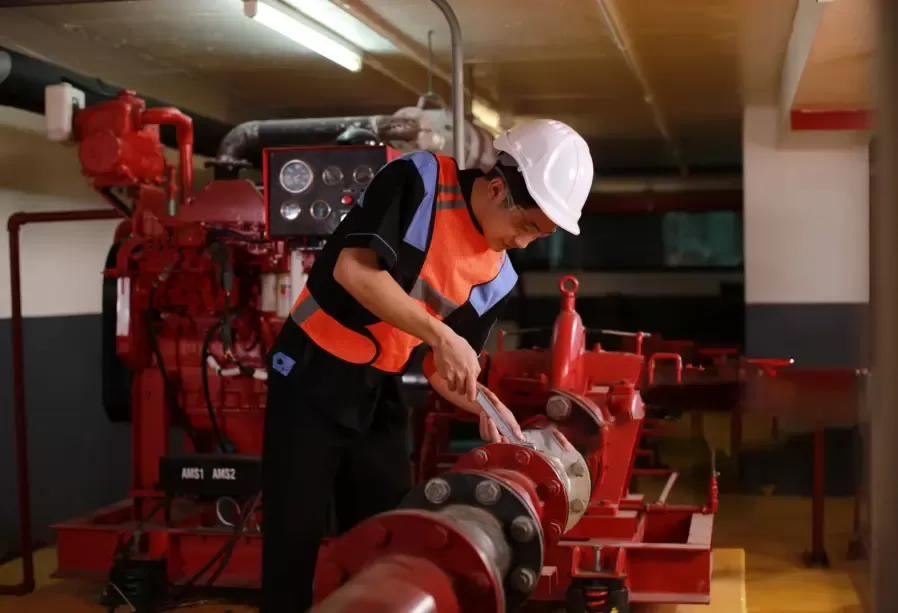Notifications

4 minutes, 36 seconds
-100 Views 0 Comments 0 Likes 0 Reviews

Optimizing Flow Control Systems in the Energy Industry: Overcoming Challenges for Enhanced Performance
We are a leading control valve manufacturer in China, providing high-quality valves and control actuators designed to meet the unique requirements of various industries.
In today’s dynamic energy sector, efficient and reliable flow control valves are vital to ensuring safe, consistent, and productive operations. The oil and gas industry, in particular, continues to face significant challenges related to flow control, with disruptions often resulting in costly downtime and compromised safety. Addressing these issues requires forward-thinking strategies and innovative technologies that enhance both performance and reliability across operations.
Effective flow regulation is critical in oil and gas operations, where even minor malfunctions can lead to severe financial consequences. Unplanned downtime caused by flow control issues can halt production and cost companies hundreds of thousands of dollars per day. These risks highlight the importance of implementing robust solutions that protect uptime and minimize operational vulnerabilities.
A key concern in the industry is the continued reliance on outdated blowout preventer (BOP) control systems. These legacy systems often lack modern safety and automation features, making them less capable of managing sudden pressure fluctuations during drilling operations. As a result, operators face heightened safety risks and increased pressure to modernize with advanced BOP systems featuring real-time adaptability and enhanced fail-safes.
Obsolete flow control systems are prone to frequent breakdowns and reduced performance, threatening process reliability. To revitalize these systems, operators are turning to:
Advanced seal replacements that withstand harsh conditions,
Custom retrofitting solutions tailored to specific operational requirements, and
Smart valve technologies that deliver precise monitoring and responsive control.
These improvements reduce the risk of failure while maximizing system efficiency and process stability.
Aging equipment often comes with a shrinking supply of compatible spare parts. Delays in obtaining necessary components extend maintenance periods and decrease productivity. To counteract this, companies are implementing:
Proactive inventory planning,
Strategic partnerships with niche suppliers, and
Exploration of compatible alternative components.
These initiatives are helping ensure maintenance readiness and minimize production losses.
Older flow control systems tend to consume more energy and incur higher operational costs. Upgrading to energy-efficient components and improving regulator performance can significantly reduce energy use. Additional strategies include:
Enhancing filtration to lower debris contamination,
Streamlining deck testing protocols, and
Installing regulators with modern efficiency features.
Such upgrades support sustainability objectives while driving long-term cost savings.
To future-proof operations and maintain peak performance, energy companies are increasingly focused on:
Seal upgrades using cutting-edge materials for enhanced durability,
Customized system conversions that adapt to evolving operational demands,
Integration of smart valve systems for automated monitoring and control.
These innovations not only optimize daily operations but also improve long-term reliability and regulatory compliance.
Effectively managing flow control challenges in the energy industry demands a proactive approach. By investing in equipment modernization, embracing advanced technologies, and prioritizing system reliability, industry stakeholders can reduce downtime, lower costs, and drive sustainable growth. As global competition intensifies, the ability to maintain efficient and resilient flow control systems will be key to long-term success.Know more about Google SEO Directory
